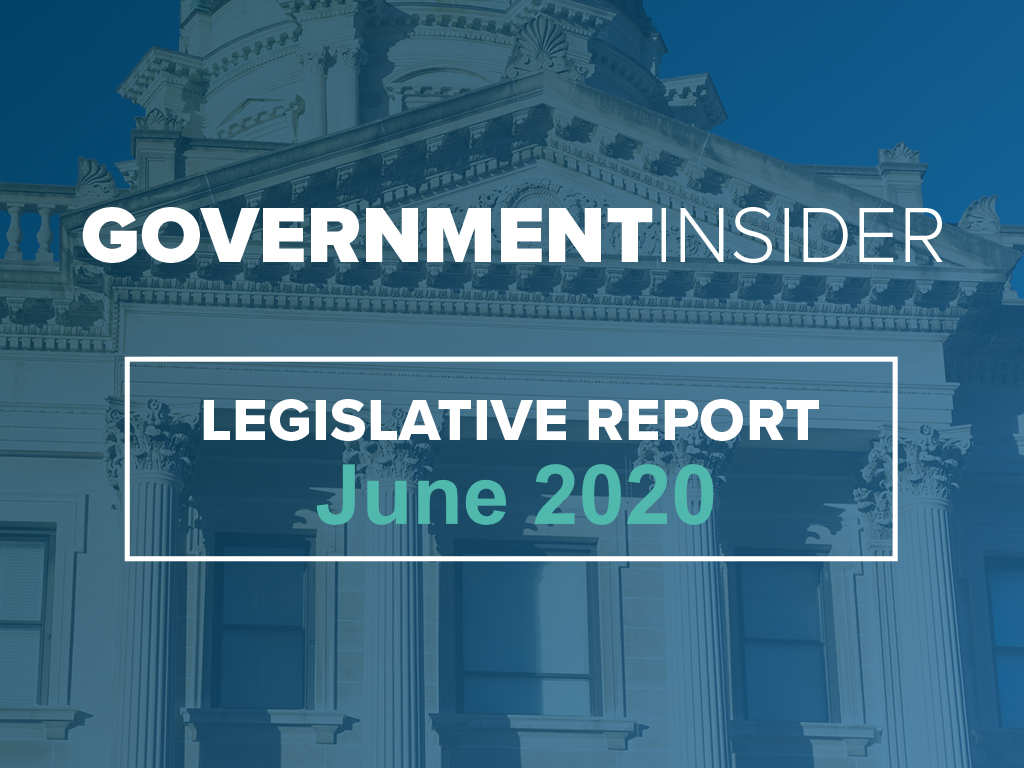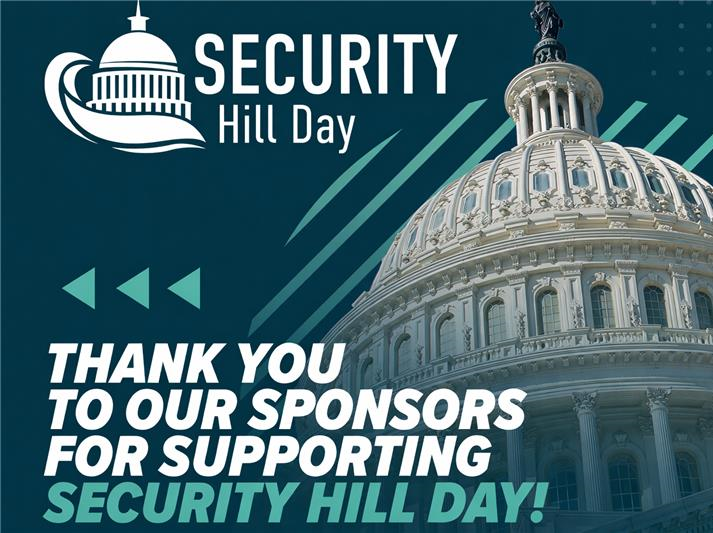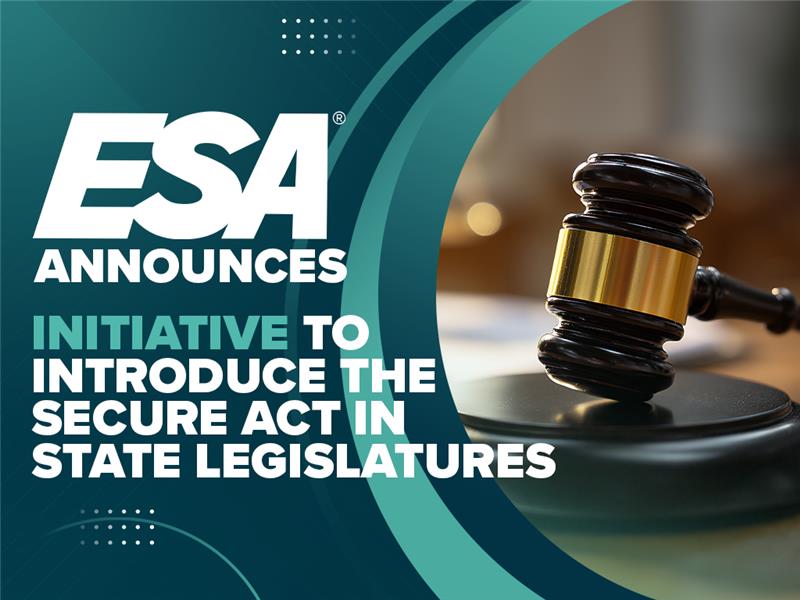Legislative Report June 2020

Federal Legislative Report Summary
Congress continues to explore and wrangle with the economic impact of COVID-19. In June the only substantive bill to pass was H.R. 7010 – the “Paycheck Protection Flexibility Act of 2020.” This bill provides several needed revisions to the “CARES Act,” which created the PPP loan program through the Small Business Administration (SBA). H.R. 7010 modified provisions related to loan forgiveness including the following:
- It modified the minimum maturity from two years to five years for the portion of the loan that is not forgiven.
- It extends the covered period during which a loan recipient may use loan proceeds for expenses while remaining eligible for forgiveness from June 30, 2020 to December 31, 2020.
- It increased the non-payroll portion of the forgivable covered loan from 25% to 40%. That means that only 60% of the loan must be used for payroll related costs for all of the loan to be forgivable as long as the 40% is used for other covered expenses.
In addition, the bill revised the deferral period for PPP loans, allowing recipients to defer payments until they receive compensation for forgiven amounts. Non forgiven portions of loans have 10 months from the program expiration to begin making payments.
While the House did pass a new round of funding with H.R. 6800 – the “Heroes Act” – it is not expected the Senate will consider this bill as presented. The House bill would have added another $3 trillion in stimulus for many programs. Senate leadership is talking about another form of stimulus, but much more targeted based on the early outcomes of the CARES Act and related bills.
Download the Members-Only Federal Legislative Report
State Legislative Report Summary
While many states are working on various measures related to COVID-19, some meaningful legislation important to the electronic security and life safety industry became law in June. There were 14 such bills that were enacted, covering topics ranging from occupational licensing to false alarm fines by local governments. The more notable bills enacted include:
Iowa HF 2643 was a state appropriations bill that had an amendment added to include the language from HF 2155, which prohibits local governments from fining alarm system contractors for false alarms or requiring them to pay annual permit fees other than fees associated with installation permits. This bill was passed with the amended language and enacted into law on June 30, 2020. Iowa now joins a small but growing list of states with this welcome provision in state law.
Louisiana passed several bills in June that address licensing. HB 498 will waive licensing fees for individuals who are on public assistance or earn a percentage above the federal poverty level. This bill is designed to remove financial barriers to licensing. HB 613 requires reciprocal licensing for military spouses and other family members who are similarly licensed in other states. And HB 683 authorizes electrical contractors to install wire, conduit or other wire raceways, its associated boxes or fittings, and fire alarm initiating and notification devices or intrusion alarm systems or closed circuit television systems or special locking systems in either commercial or residential property without a license as long as this work does not include final termination in a fire alarm control panel, security control panel, access control panel, or closed circuit television systems controls. This bill also limits criminal convictions that disqualify licensing to violent felonies, sexual offenses or felony offenses against property.
As passed, Mississippi HB 1104 expands the authority of the Occupational Licensing Review Commission to review any regulation promulgated by any licensing board and determine if those regulations comply with state policy. Mississippi also passed SB 2117, which provides for temporary reciprocal licensing for military spouses who are similarly licensed in other states.
Several COVID-19 bills also became law in June, most related to taxes, grants and loans for small businesses. Notable bills to review include; California AB 103, Colorado HB 20-1413 and SB 20-222, Minnesota HF 5, Mississippi HB 1748, New Mexico SB 3, New York S 8181 and Utah HB 5010.




